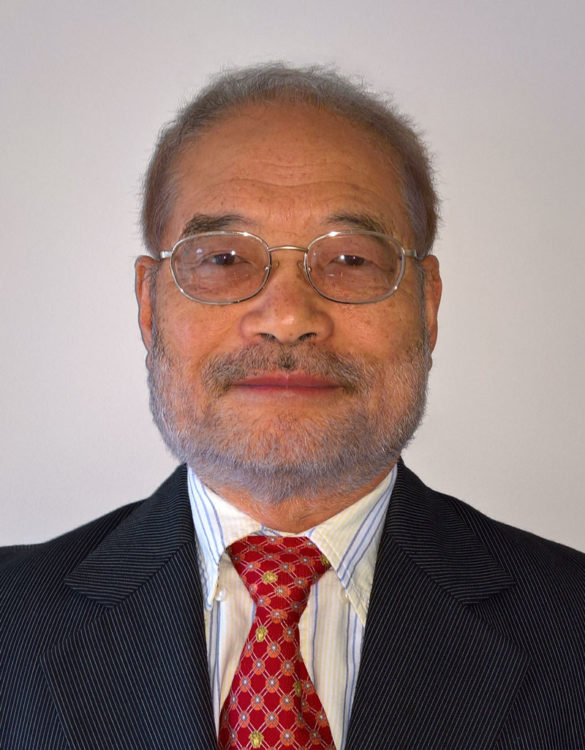May 4-8

“I just had an urge to keep learning.”
“I just want to help people, and just do my job”
– Peter Tsai
The COVID-19 pandemic turned respirators into a global necessity. The variation known as the N95 mask is especially crucial to the safety of medical staff around the world. Peter Tsai, a recently retired professor who taught at the University of Tennessee, invented the core technology used in the N95 mask. How did a Taiwanese teacher of fiber science, born on a family farm in Taichung, end up saving the world?
Peter Tsai (蔡秉燚) has twelve patents to his name. He has consulted for over 170 companies. Growing up on the family farm in Taichung, Tsai says he had to help earn an income as a child, so he had little time for studies. After graduating from Taichung Municipal Cingshuei Senior High School, he studied chemical fiber engineering at the Provincial Taipei Institute of Technology (now Taipei Tech) because he wanted to learn a marketable skill.
Born in central Taiwan, he also decided to settle in Middle America. He enrolled in Kansas State University to relearn the fundamentals. Not only did he study engineering, he also became a teaching assistant in the Department of Mathematics. He wanted to have a good foundation in mathematics so he could learn more about the different aspects of engineering.
Tsai successfully built a foundation in mathematics, but this still did not satisfy his thirst for knowledge. He signed up for courses everywhere: electrical engineering, mechanical engineering, chemical engineering, and physics. Even though material science was his focus, he studied whatever he was interested in. Other PhD students only needed 90 credits to graduate; he signed up for 500.
Afterwards, it just so happened that his research supervisor went to the University of Tennessee to research the production process known as “melt blowing”. Tsai went along. This was the beginning of thirty-five years of his life devoted to researching fibrous materials.
Because Tsai learned from different disciplines, and because he integrated what he learned, he was able to solve the dual problems of producing nonwoven fabric with the melt blowing process and improving the filtering capability with the electrostatic charging process. He helped the research team at the University of Tennessee successfully develop this technology.
As an international authority on melt blowing and electrostatic charging technologies, Tsai started transferring his knowledge to the world through the University of Tennessee. The United States was the first to benefit; as the years went by, his clientele spanned the globe, from North America to Europe, from Asia to Australia.
Information taken from https://english.cw.com.tw/article/article.action?id=2695
See this video for more information: N95 mask inventor abandons retirement to aid in pandemic